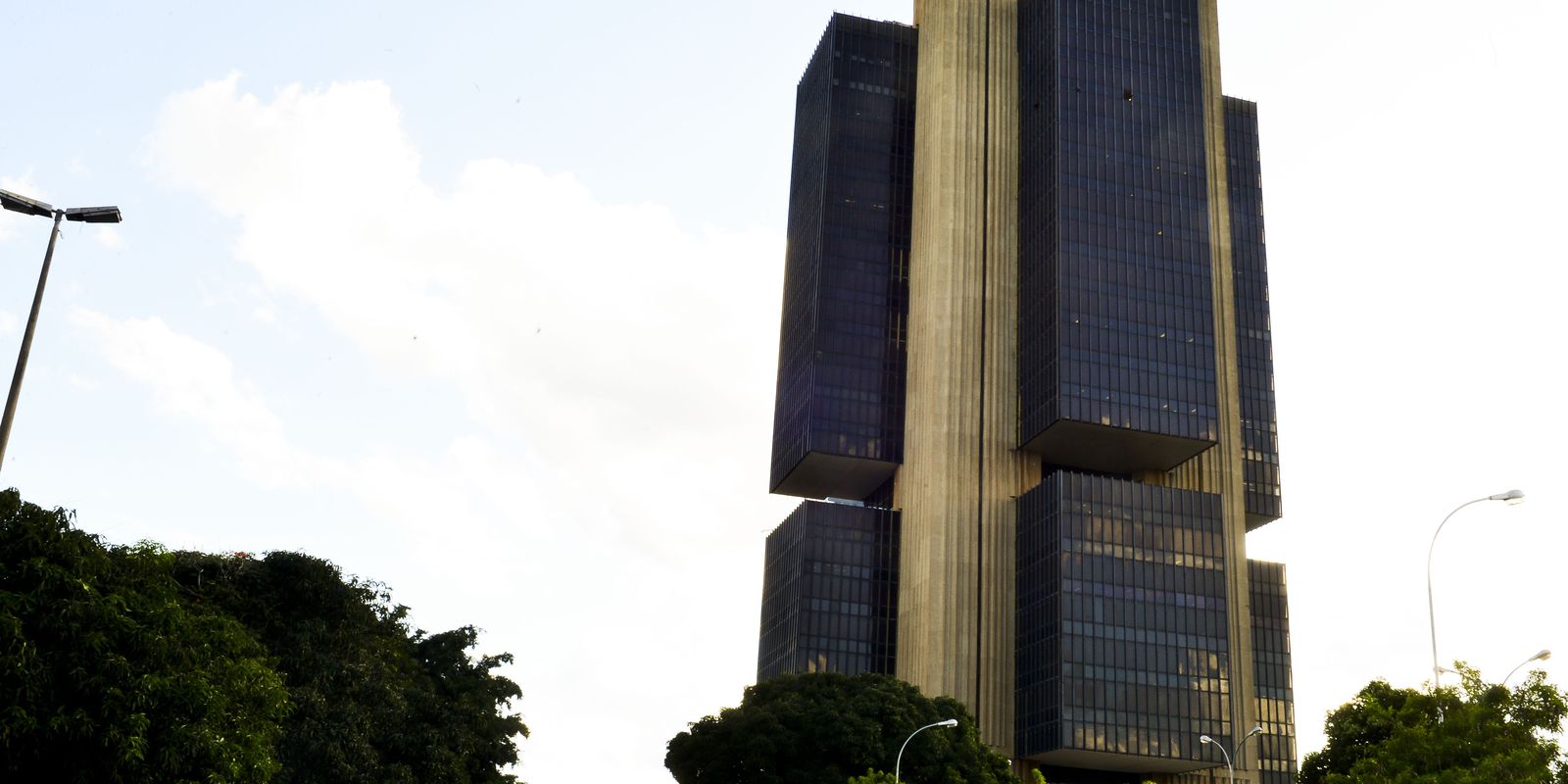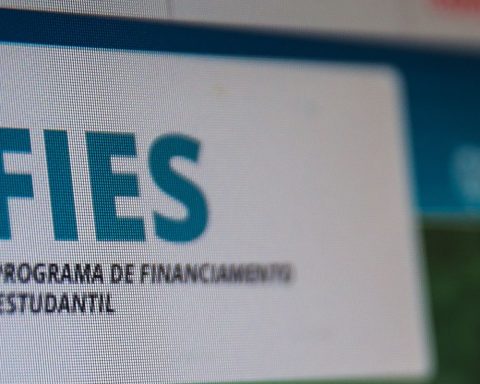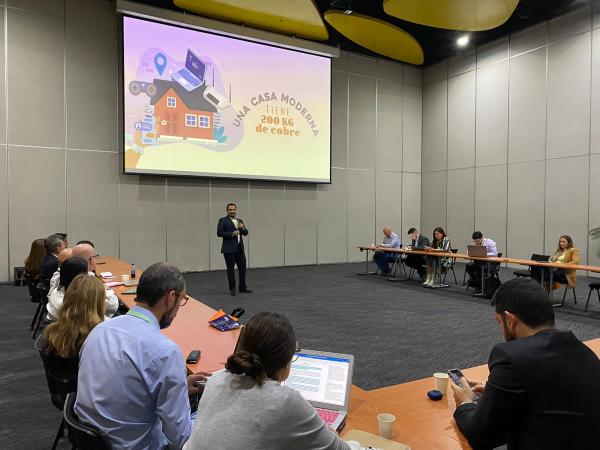The productive sector received with reservations the maintenance of the Selic rate (basic interest of the economy) at 13.25% per year. For entities, high interest rates inhibit the recovery of the economy, despite being necessary at this time to hold back inflation.
In a statement, the National Confederation of Industry (CNI) reported that it “considers understandable” the decision of the Monetary Policy Committee (Copom) of the Central Bank not to change the Selic rate. According to the entity, inflation expectations are above the center of the targets, both for 2023 and for 2024. Despite the need for high interest rates now, the confederation asks that the reduction process begin soon.
“For more than a year, the Selic has been at a level high enough to inhibit economic activity and contribute to the deceleration of inflation. And the maintenance of the interest rate will intensify this deceleration. Therefore, we expect the Copom to start the process of reducing the Selic soon, to avoid additional costs to economic activity”, highlighted the president of the CNI, Robson Braga de Andrade, in the statement.
The confederation highlighted that the current level of the Selic inhibits the recovery of the economy. According to the statement, the real rate, interest minus inflation, is around 7.5% per year, one of the highest levels on the planet. This means 3.5 percentage points above the economy’s neutral interest rate, which is the rate that neither stimulates nor discourages economic activity. The CNI defends caution in conducting public spending to prevent the Selic from remaining at a high level.
firjan
The Federation of Industries of Rio de Janeiro (Firjan) considered the Central Bank’s decision to maintain the economy’s basic interest rate (Selic) at 13.75% in light of rising inflationary expectations.
The entity assesses “however, that the high level of interest rates has imposed enormous sacrifices on economic activity. The signs of exhaustion in important sectors of the Brazilian economy are getting stronger and with direct consequences on business confidence”.
Firjan points out that, at a time of great volatility and global uncertainty, the reduction of the Selic rate depends on a credible and responsible fiscal policy. The federation reiterates the urgent need to implement the structural reform agenda and create a new fiscal framework that will lead the country towards balanced public accounts. “This is the way for the national industry to be competitive enough to generate jobs and income, making Brazil a stronger and more competitive country”, informed Firjan, in a note.

















